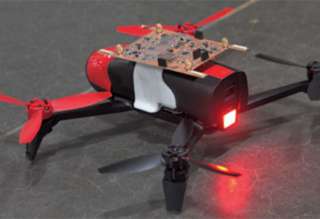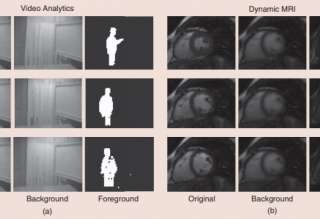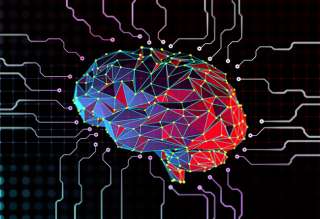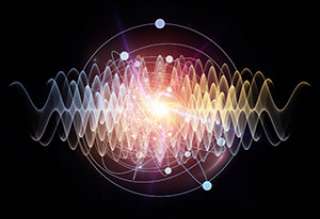Signal Processing Opens the Internet of Things to a New World of Possibilities: Research Leads to New Internet of Things Technologies and Applications
The Internet of Things (IoT ) refers to the wireless connection of ordinary objects, such as vehicles, cash machines, door locks, cameras, industrial controls, and municipal traffic systems, to the Internet. Research firm BI Intelligence predicts that 22.5 billion devices will be connected to the IoT in 2021, compared to 6.6 billion in 2016.










